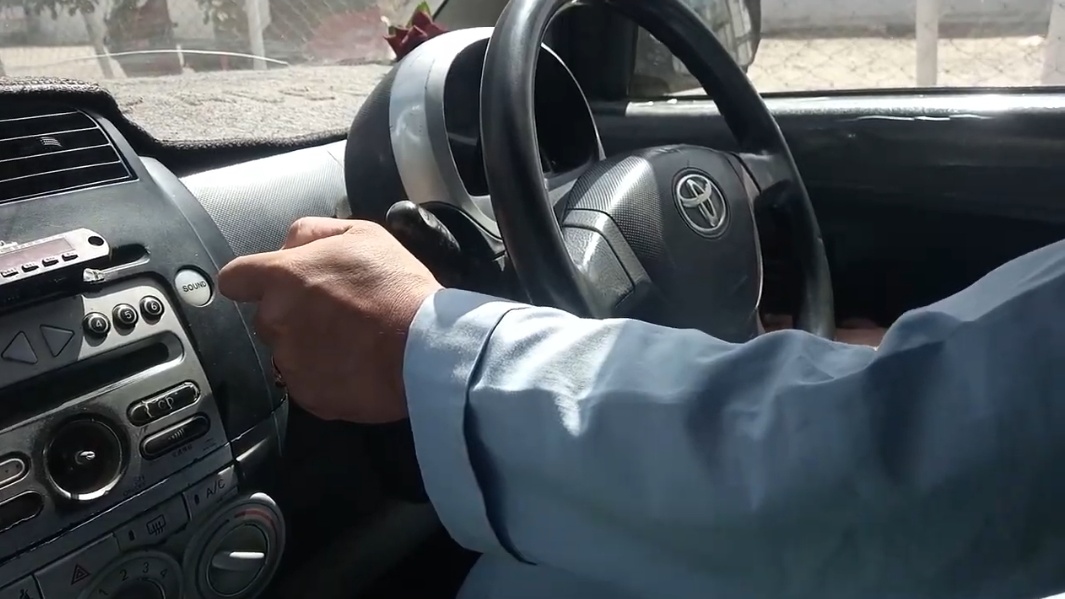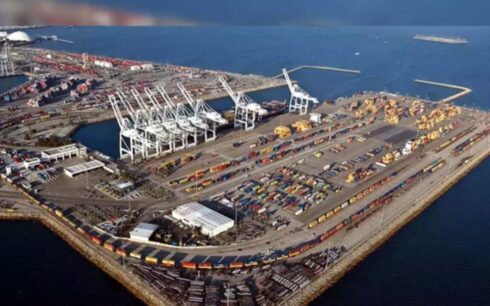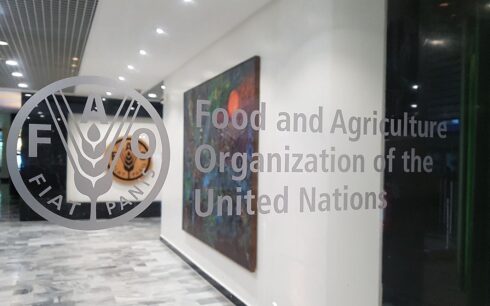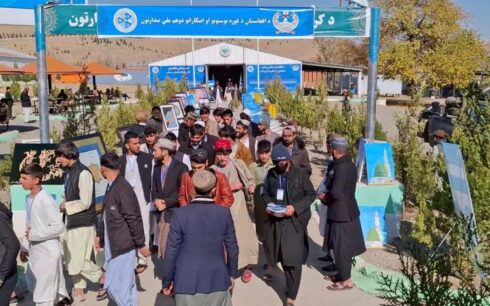A number of drivers on Monday expressed growing concerns over a significant surge in gasoline and diesel prices within local markets, saying it has left them struggling with their daily incomes.
According to local reports, the price of gasoline has risen by 10 to 15 Afghanis (13 to 19 cents) per liter this week.
This price surge has subsequently led to an increase in taxi fares, placing additional financial burdens on citizens.
Humayun, a frustrated driver, lamented, “The price of gasoline has surged to the point where all we earn is spent on fuel, leaving us with nothing for ourselves.”
Previously, gasoline was priced at 65 to 70 Afghanis ($0.8 to $0.89) per liter, but it is now being sold for 80 Afghanis ($1.01) per liter.
The sharp increase in gasoline prices is reportedly attributed to the closure of the Salang Highway, a key transit route connecting northern Afghanistan to the capital and other provinces.
Residents of Takhar reported a 50 Afghanis ($0.6) hike in transportation fares to their districts, with Najibullah stating, “When traveling to the districts, drivers are charging higher fares due to the gasoline price surge.”
Mohammad Haroon, another Takhar resident, called upon the Taliban to regulate gasoline prices in the market, stating, “The economic condition of the people is fragile, and the government (Taliban) should exercise control over fares and gasoline prices.”
Following the fall of the republican government, many former government employees, particularly former military personnel, found themselves unemployed and turned to alternative careers, including public transportation, to make ends meet.
Rikshaw drivers also voiced concerns about the impact of soaring gasoline prices.
“The price of gasoline keeps rising day by day, despite the drop in the value of the Afghan currency against the dollar. We demand a reduction in gasoline prices,” said Ahmadullah, a rikshaw driver.
Nematullah, another rickshaw driver, warned that if the Taliban fails to address the issue of gasoline prices, many drivers may be forced to abandon their livelihoods.
“We are deeply concerned about the high gasoline prices and the lack of work,” Nematullah emphasized.
Afghanistan primarily imports gasoline from Russia, Uzbekistan, and Turkmenistan. Additionally, the Taliban has entered into an agreement with China for the extraction of gasoline from the Amu River basin.





